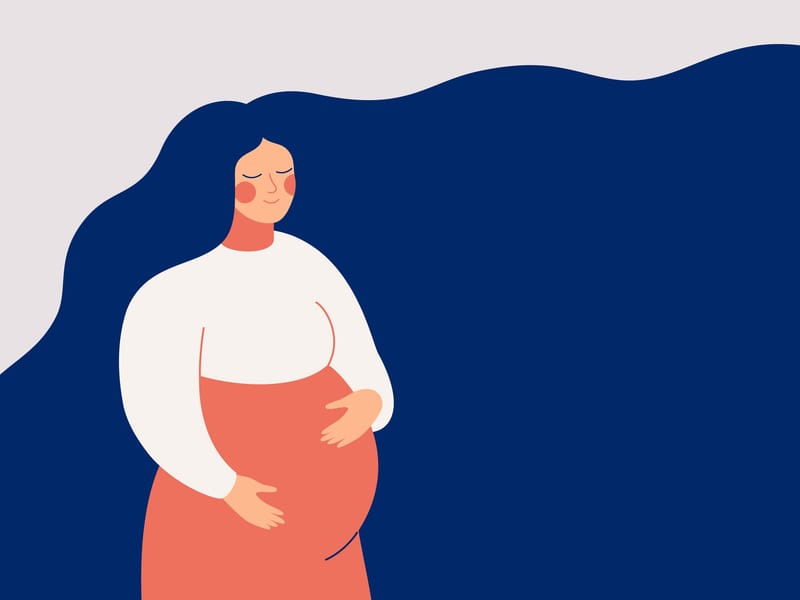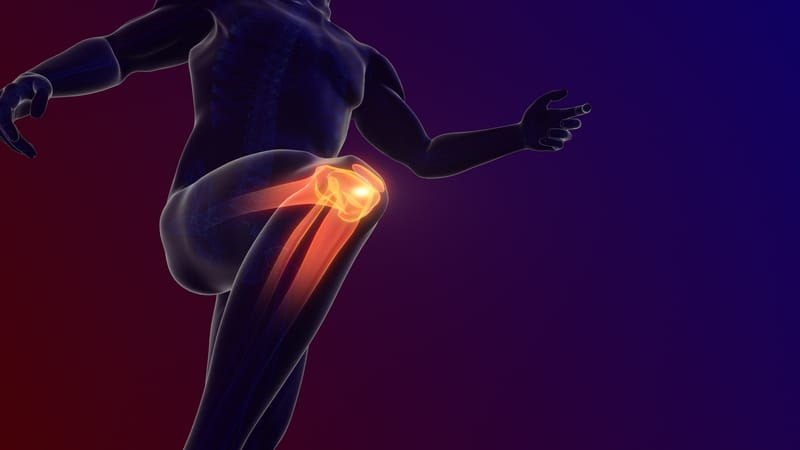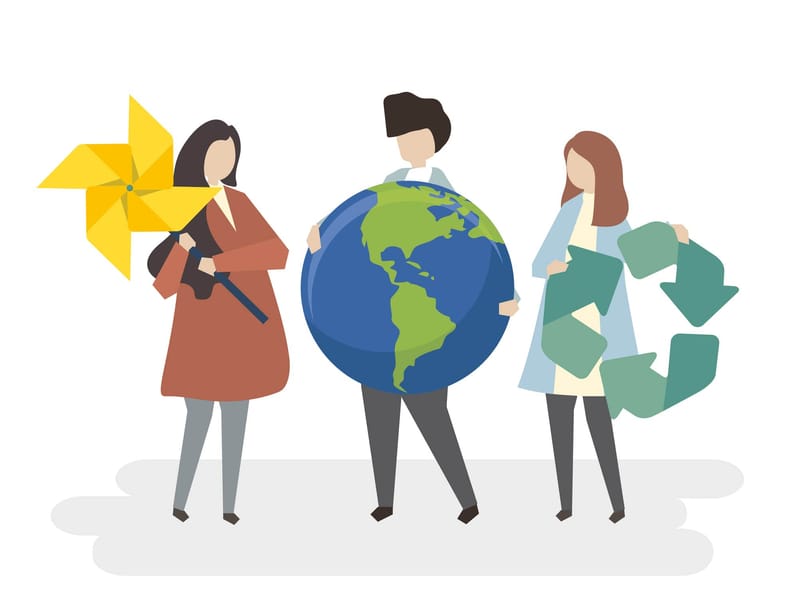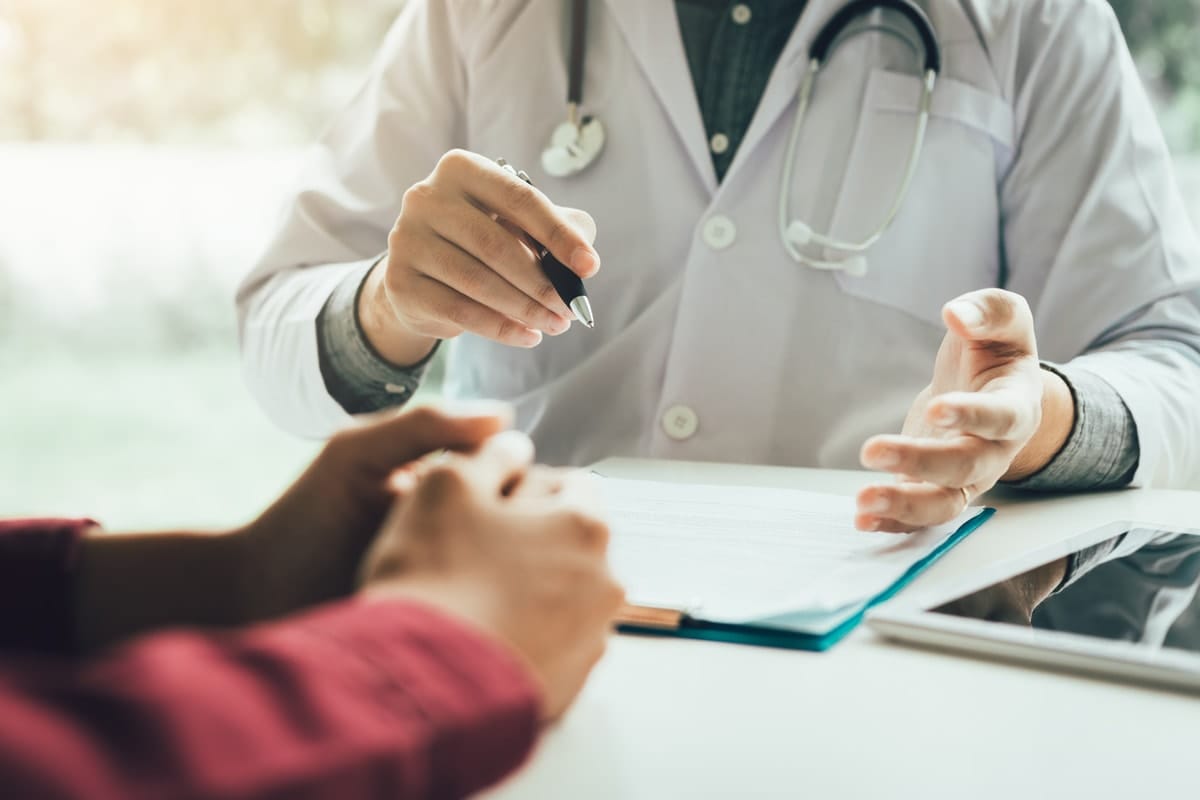
“People don’t think that menopause happens to younger women.”
But it does, says endocrinologist Clinical Associate Professor Amanda Vincent. “As a society,” she says, “we don’t talk a lot about menopause, let alone early menopause. So, when a younger woman finds out her ability to have children has ended, it can be a devastating diagnosis.”
With Monash’s Clinical Associate Professor Vincent as project investigator, researchers from Monash University and RMIT have now worked with 30 women and Healthtalk Australia to launch a comprehensive online resource to address a lack of information and awareness regarding early menopause. Clinical Associate Professor Vincent was part of a team led by Monash University’s Professor Helena Teede and RMIT’s Professor Renata Kokanovic. Professor Teede is the director of the Monash Centre for Health Research and Implementation.
Clinical Associate Professor Vincent, a leading expert in the field, has worked at Monash Health’s multidisciplinary menopause clinic for more than 20 years. The clinic includes the first dedicated early-menopause specialty care in the country.
Commonly, menopause happens about the age of 50 when the store of eggs women are born with have gone, signalling the end of fertility and resulting in a fall in oestrogen levels. For the one in 10 who experience early menopause (before the age of 45), this can come as a great shock.
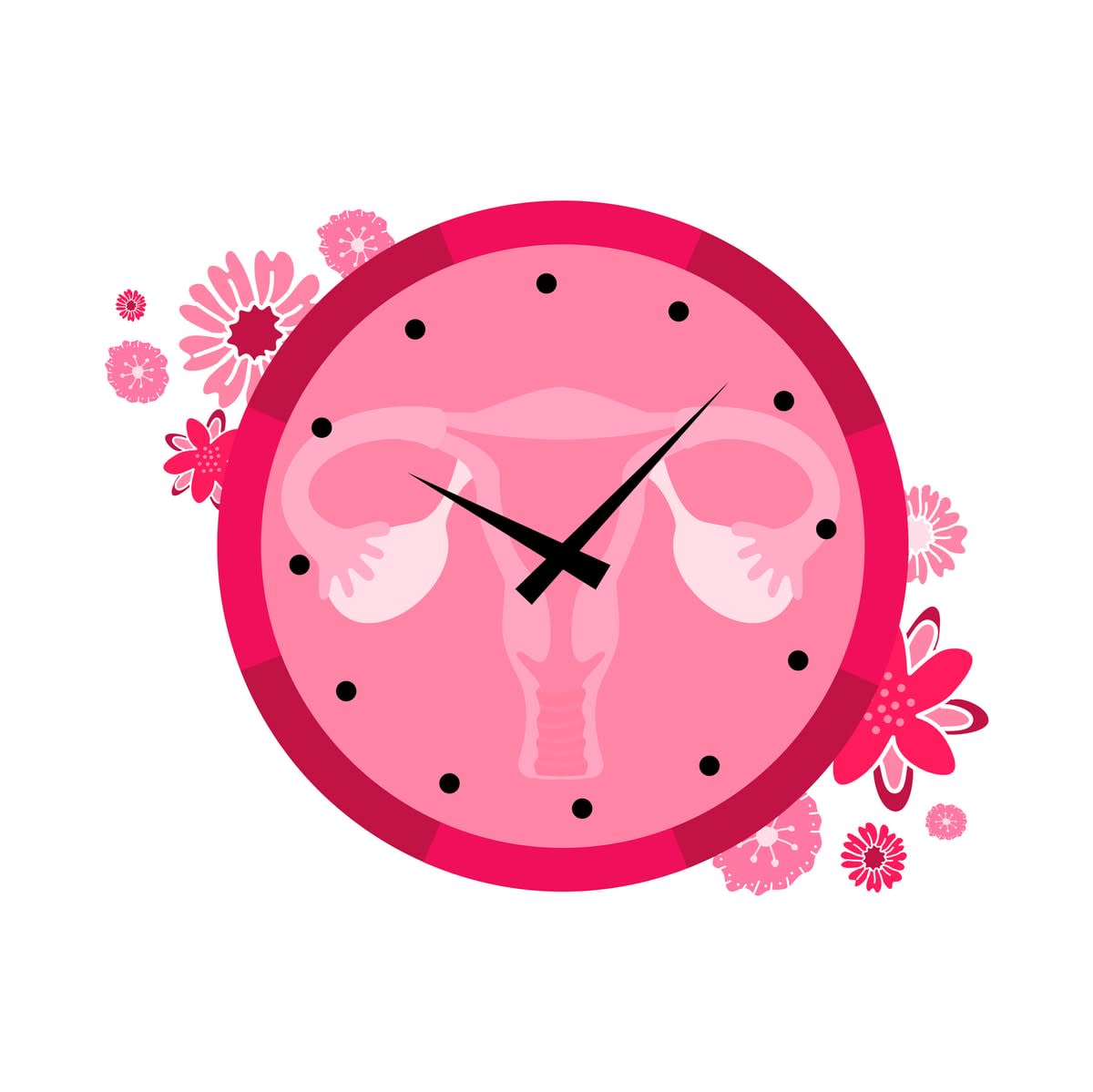
Starting the conversation
Early menopause can occur either spontaneously (often without a known cause) or as a result of medical treatment, particularly for cancers. Clinical Associate Professor Vincent says there’s an urgent need to start talking about it more, because it’s on the rise due to greater survival rates after treatments – which can result in good cancer outcomes, but the end of menstrual cycles.
“For example, surgical removal of both ovaries, chemotherapy and radiotherapy, particularly for breast cancer, can result in early menopause,” she says. “And with improved cancer treatments, women are living longer and having to deal with the loss of their fertility and other consequences.
“Often, however, early menopause happens without a direct cause, and women are unaware this has happened.”
“Early menopause has such a profound impact on women that they’re often reluctant to tell people about it, particularly their peers who they feel out of sync with. I had one 39-year-old woman tell me that she could relate more to her grandmother who was 80, with the symptoms she was going through, rather than her similar-aged peers.”
"A lot of women feel embarrassed about symptoms such as hot flushes, hot flushes at night that can interfere with sleep, and changes in their sexual function. It’s a lot for women to deal with.”
Women feel less feminine because they can’t have children, and they may feel a sense of shame, she says.
Women with early menopause not only have menopausal symptoms, but are more at risk of heart disease, osteoporosis and mood disorders such as anxiety and depression. These risks make an early diagnosis critical to prevention and targeted treatment, Clinical Associate Professor Vincent says.
“The problem is we don’t know who’s at risk of early menopause, so when women see their doctor, the doctor may not at first consider early menopause in younger women. The only potential predictor is in women with a family history of early menopause. Otherwise there’s no simple blood test to predict this.”
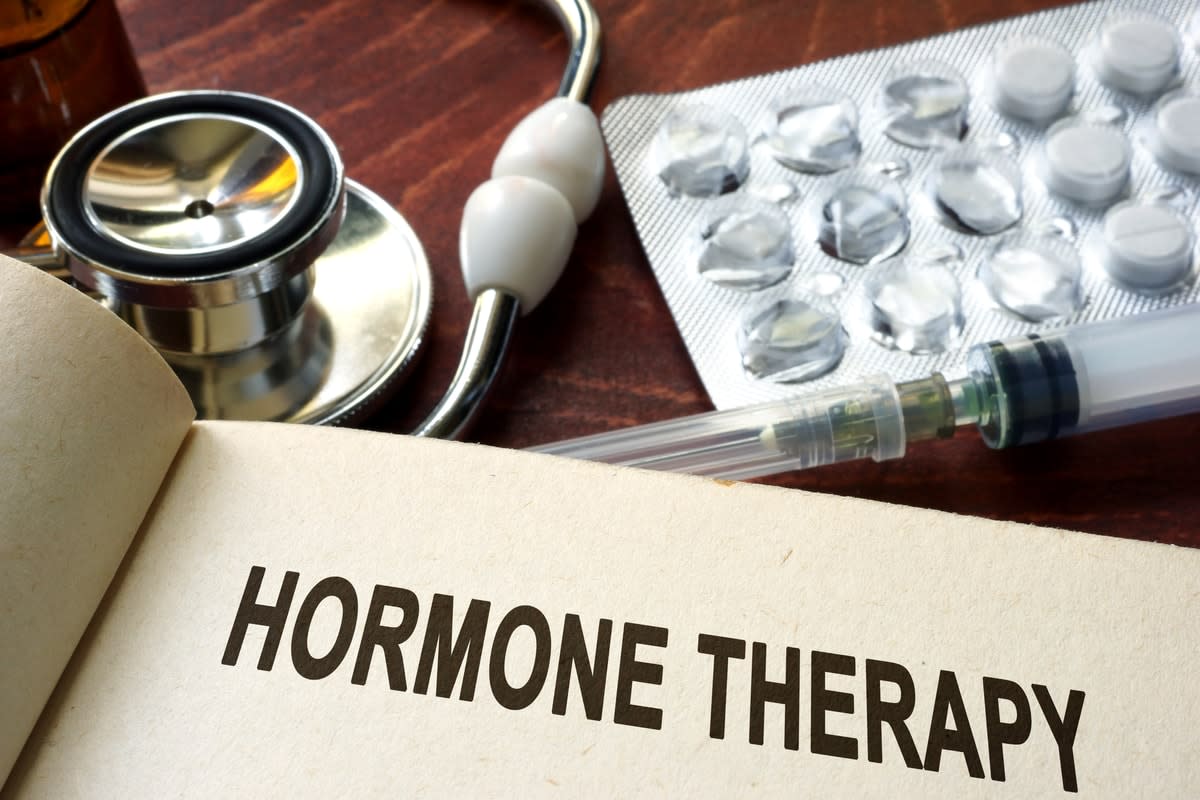
Then there are also the hidden psychological effects of early menopause that can be significantly damaging.
“Women describe feelings of isolation and grief. If they already have children, the psychological effects are usually not quite as severe. Imagine dealing with a diagnosis of cancer, and managing the physical and psychological impacts of early menopause. A lot of women feel embarrassed about symptoms such as hot flushes, hot flushes at night that can interfere with sleep, and changes in their sexual function. It’s a lot for women to deal with.”
Not all negative
But there is good news. “Early menopause can be treated if the health professional the woman sees is aware and trained in effective evidence-based treatments. Hormonal therapies are commonly used up until the usual age of menopause. This is critically important to prevent the onset of chronic diseases.
“One day we may be able to predict who is a risk, as there’s a lot of work currently being done in this area. We think there’s an underlying genetic cause in many cases of spontaneous early menopause, and it’s likely there are multiple genes involved.”


